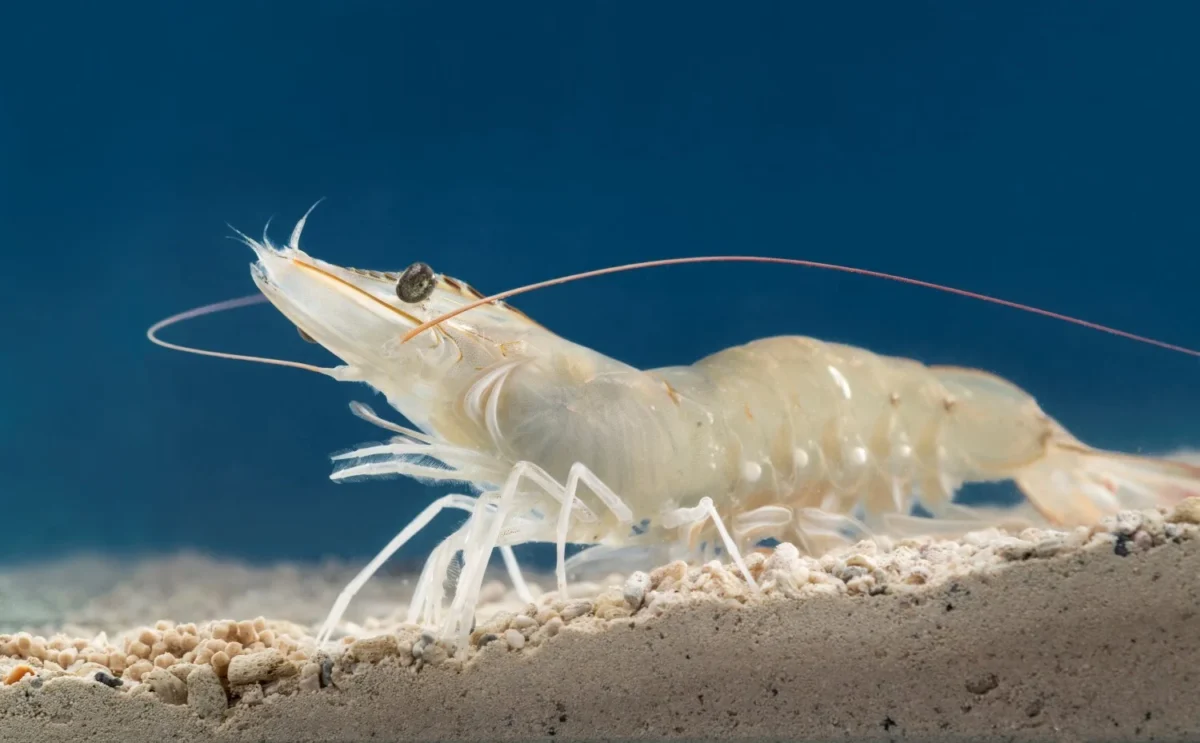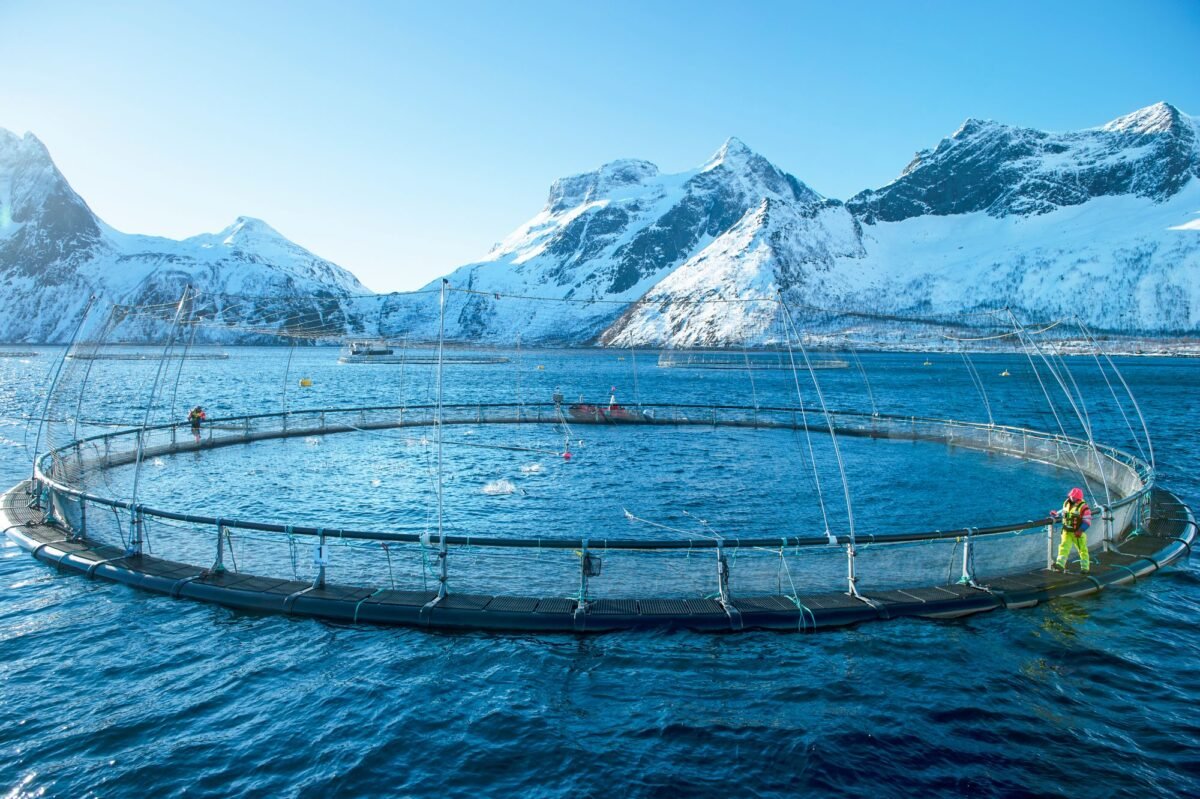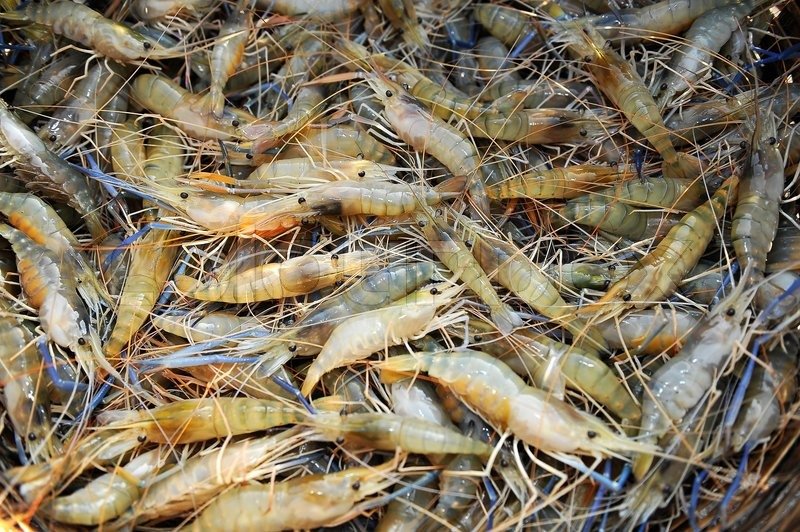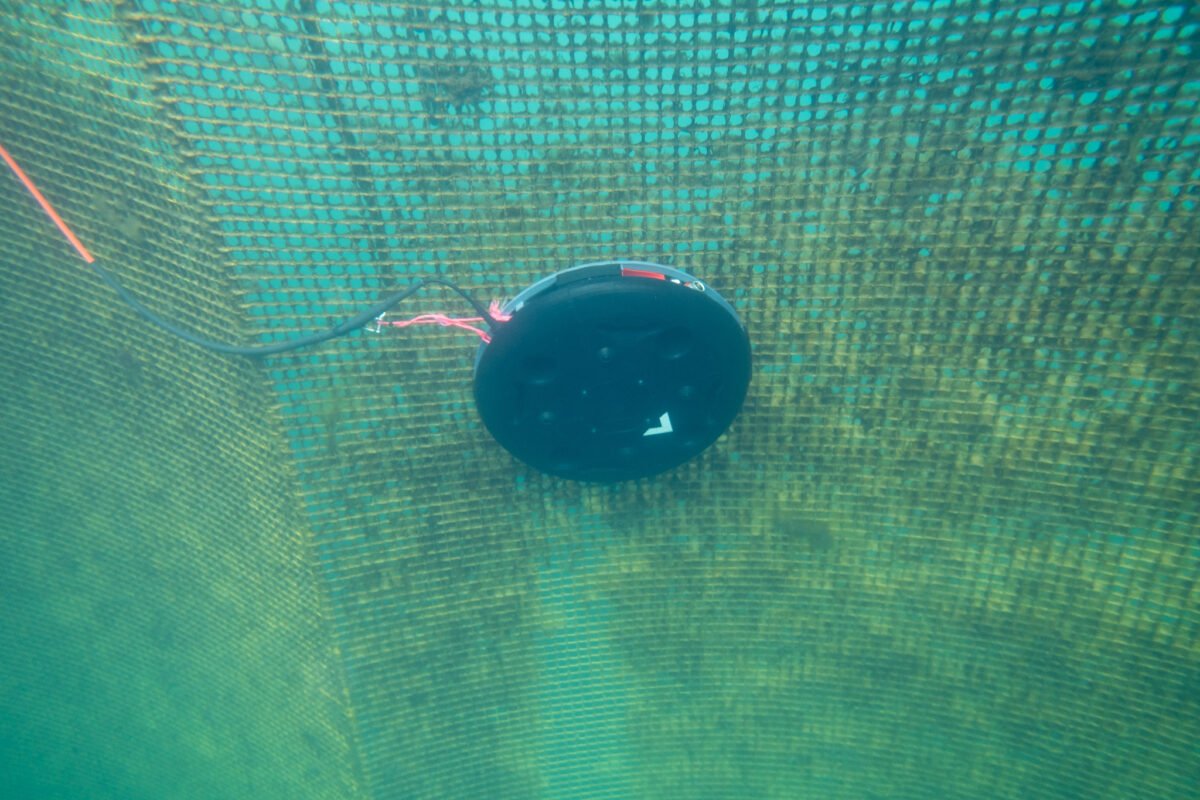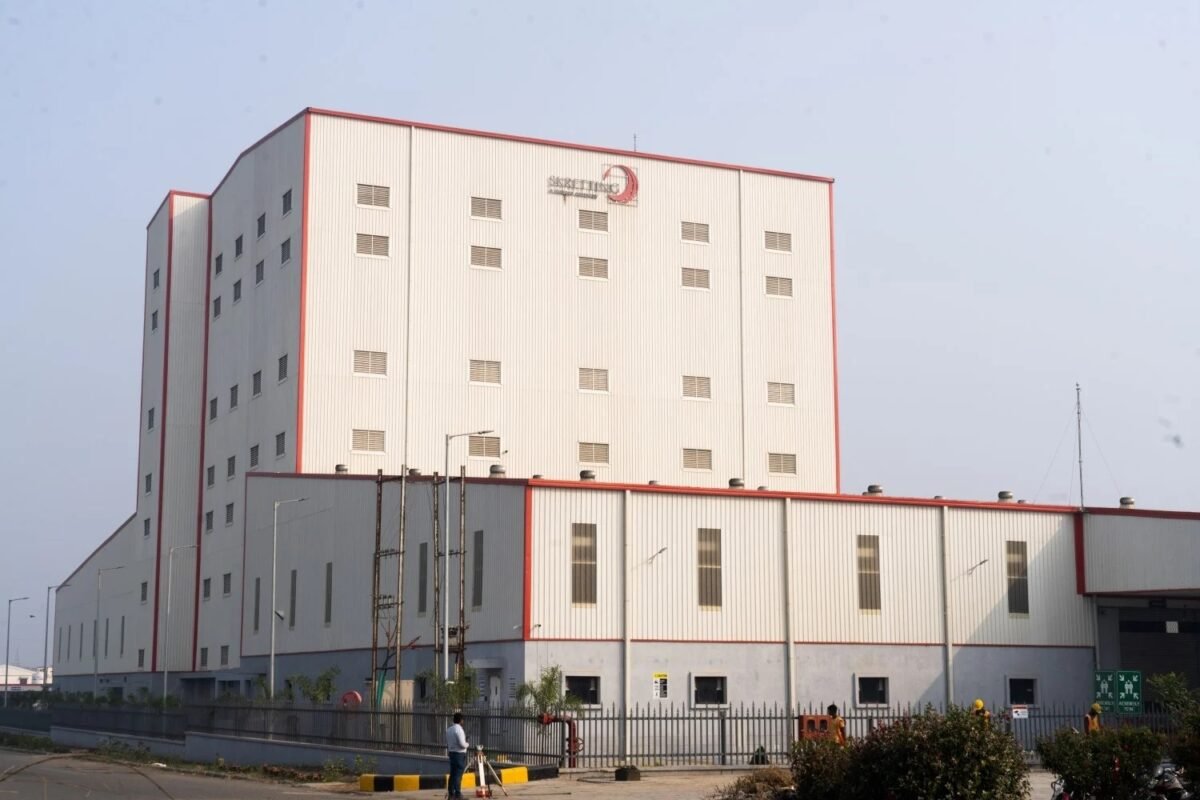Skretting launches functional feed for shrimp
A practical solution that supports the shrimp’s resilience and continued growth under challenging conditions
Specially designed to support the resilience of shrimp facing challenging conditions and provide optimal nutrition to safeguard farm performance, this new, prime functional feed has debuted in India.
Shrimp farming is one of the great success stories of global aquaculture. Through its rapid growth in recent decades, the sector has taken a lead role in contributing to world food security. However, the dependency and constant interaction that shrimp have with their environment means that they are persistently exposed to naturally occurring challenges that hurt the shrimp and can potentially impact production. Recognising the scale of the threat posed by these challenges, Skretting has launched a brand new feed, Armis.
Historically, producers hit by challenges such as Enterocytozoon hepatopenai (EHP) and other parasites have had little option but to feed their afflicted, slow-growing stocks with increased volumes of feed. This in turn results in significantly increased costs and diminished profitability. Now, farmers can turn to Armis, a practical solution that supports the shrimp’s resilience and continued growth under challenging conditions.
Armis has been carefully developed over the past three years, built upon Skretting’s extensive knowledge of the specific nutritional requirements and digestive capabilities of shrimp species. It will also contain the latest phytogenic technology.
A practical solution that supports the shrimp’s

